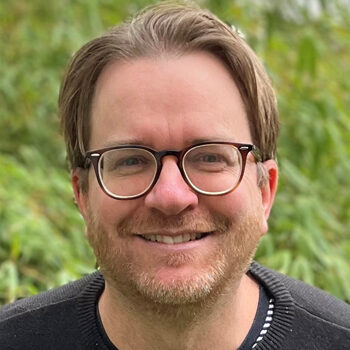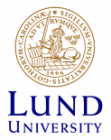Digital twin for sustainable and resource efficient operation of wastewater treatment plants
Within this project, a method for developing digital twins at WWTPs will be developed, including real time process simulation and data validation.
Development and implementation of digital twins within wastewater treatment is an innovative and radical change in how the plants are operated and controlled.
Swedish wastewater treatment plants (WWTPs) faces great challenges with aging infrastructure, stricter effluent demands and climate change, which leads to a substantial need for investment. At the same time there are large potential benefits from increased automation and digitalization of the water systems. It is important that the needed investments are done in a smart way.
Model predictive control
Digitalisation enables more advanced automation and management of large quantities of data. An advanced type of control, real-time model predictive control, where process models are used to simulate several outcomes depending on the control signal, has been studied in wastewater treatment for over twenty years. The complexity in process models has caused problems for the process control systems at WWTPs due to the need of high-performance computers, which resulted in very simplified process models in earlier attempts and applications of model predictive control. However, the fast development of computer performance and data storage capacity has now solved this problem. In the literature, model predictive control has been observed to decrease energy usage and costs with more than 20 percent.
Goal and aim
Within this project, a method for developing digital twins at WWTPs will be developed, including real time process simulation and data validation. The method will be verified by implementation of a digital twin for the Öresund WWTP in Helsingborg, Sweden, where results will be evaluated and benefits quantified. Since the method that is developed will be generic, there is great potential to reuse the knowledge for other process industries with the need to treat water, such as the high water demand paper and pulp industries.
Project manager
Magnus Arnell
Project leader, RISE
Read more
Visit RISE’s web page for more information.






